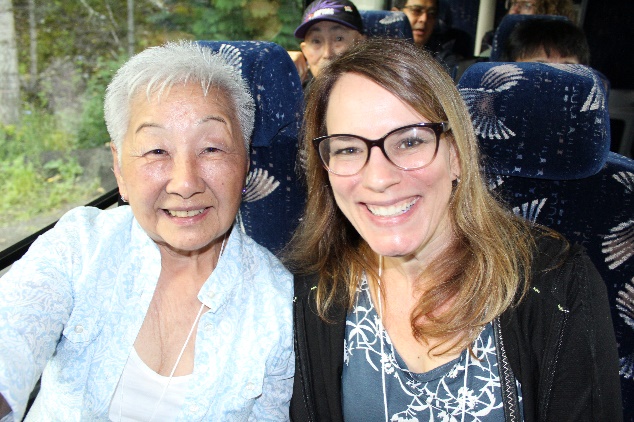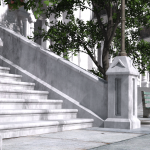
Travel opportunity summer 2019
- Are you an intermediate or secondary school teacher?
- Would you like to travel and meet with teachers from across Canada?
- Would you like to learn more about the internment and dispossession of Japanese Canadians in the 1940s?
- Would you like to learn about history from experts in the field and internment survivors?
- Do you like visiting historic sites in engaging locations?
- Would like to receive cutting edge educational resources and access to rich archival materials?
If you answered yes to any of the above then you are a candidate for an innovative and ground breaking field school opportunity for teachers hosted by the University of Victoria and the Nikkei National Museum.
This July you can attend a two-week field school that includes a 1-week tour of internment sites in British Columbia and 1-week of intensive and interactive learning at the University of Victoria.
ALL TRAVEL (from anywhere in Canada), ACCOMMODATION, TOUR, AND REGISTRATION costs will be covered by generous bursaries to successful applicants. Field school attendees need only cover meal costs and incidentals. Successful applicants can choose to enroll for credit at the University of Victoria.
Applications (including: cover letter, resume, dissemination plan [indicating plans to distribute resources within your home district—see below], and letter of support from home district) accepted until March 15, 2020.
For enquiries and to apply, contact information is contained below.
Thank you.
Respectfully,
Jordan Stanger-Ross
Associate Professor, History, University of Victoria
Project Director, Landscapes of Injustice
e-mail: jstross@uvic.ca website: www.landscapesofinjustice.com
field school website: https://landscapesofinjus.wixsite.com/mysite
APPLICATION INSTRUCTIONS
Email the following package to Jordan Stanger-Ross at jstross@uvic.ca by March 15, 2020
- Cover Letter
- Resume
- Dissemination Plan
- As part of the Field School, participants will be provided with access to newly developed resources by Landscapes of Injustice for teaching the history of internment and dispossession at elementary and secondary levels. The resources are flexible and customizable, and were developed by teachers for teachers. To be eligible for funding, applicants must include a description of a plan for sharing this history (and the resources) in their home district in the school year following their participation in the Field School.
- District-level Letter of Support
- The letter should indicate support for the proposed dissemination plan (e.g. PD-day events, professional conferences, other specially organized presentations).
One of the most valuable parts of this experience was having the unique opportunity to visit sites that were significant to the history of Japanese-Canadian dispossession and internment. Sharing space with those who endured these injustices first-hand brought historical experiences to life for me in a way that no textbook or documentary ever could. Historical information, emotional insight, and physical spaces all came together to produce powerful learning. This was made even more meaningful by hearing the memories and perspectives of Japanese Canadians who lived through the experience of internment personally. This deep learning and historical empathy is of vital importance and is something that I want to share with my teaching colleagues as well as my students.
Natasha S. Lester B. Pearson CI, Toronto
I would tell a teacher to go for it, even if it is your summer break. Having this first-hand learning experience is really different than anything I have ever seen in a university class. It’s such a great experience to be able to work with the primary sources because we analyze them in class afterwards, but having been there, I think it gives a whole other perspective on the subject matter.
History is also about having a personal connection. When teaching it to students, we must be conscious about starting from something familiar. I was fortunate enough to meet three Nisei that were relocated to hostels after 1946. They lived and grew up in my hometown, Farnham, 50 years ago. Susan told me about work and paying 25 cents for the movies, same as my grandmother used to tell me. I’m thinking of starting to teach the Japanese-Canadian internment from a more local perspective and then connecting it back to British Columbia.
Roxanne C. Joseph-Hermas-Leclerc School Quebec


